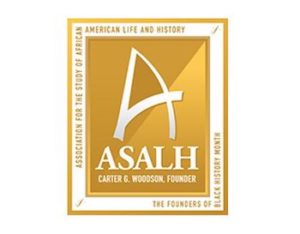
The Association for the Study of African American Life and History (ASALH) was founded on this date in 1915. The brainchild of historian Carter G. Woodson, the ASALH was formed in Washington, D.C., and happened partially in response to the release of D. W. Griffith's film, 'The Birth of a Nation,' that same year.
The ASALH was dedicated to using education to fend off racist and erroneous ideas about African American life and history. Initially run by Woodson and colleagues George Cleveland Hall, Jesse Morrland, Alexander L. Jackson, and James E. Stamps, the ASALH encouraged and supported African American historical research and provided essential publication outlets for Black scholars, including the Journal of Negro History, created in 1916, and the popular Negro History Bulletin, founded in 1937.
Through these publications and other activities, the Association was important in educating whites and influencing public opinion. In 1926, Woodson established an annual Negro History Week devoted to celebrating Black history and culture. This happened for seven days in February, the birth month of Abraham Lincoln and Frederick Douglass. After Woodson died in 1950, the leadership of Mary McLeod Bethune and Charles Harris Wesley ensured the Association's survival.
In 1976, under the guidance of executive director J. Rupert Picott, Negro History Week was expanded to Black History Month.